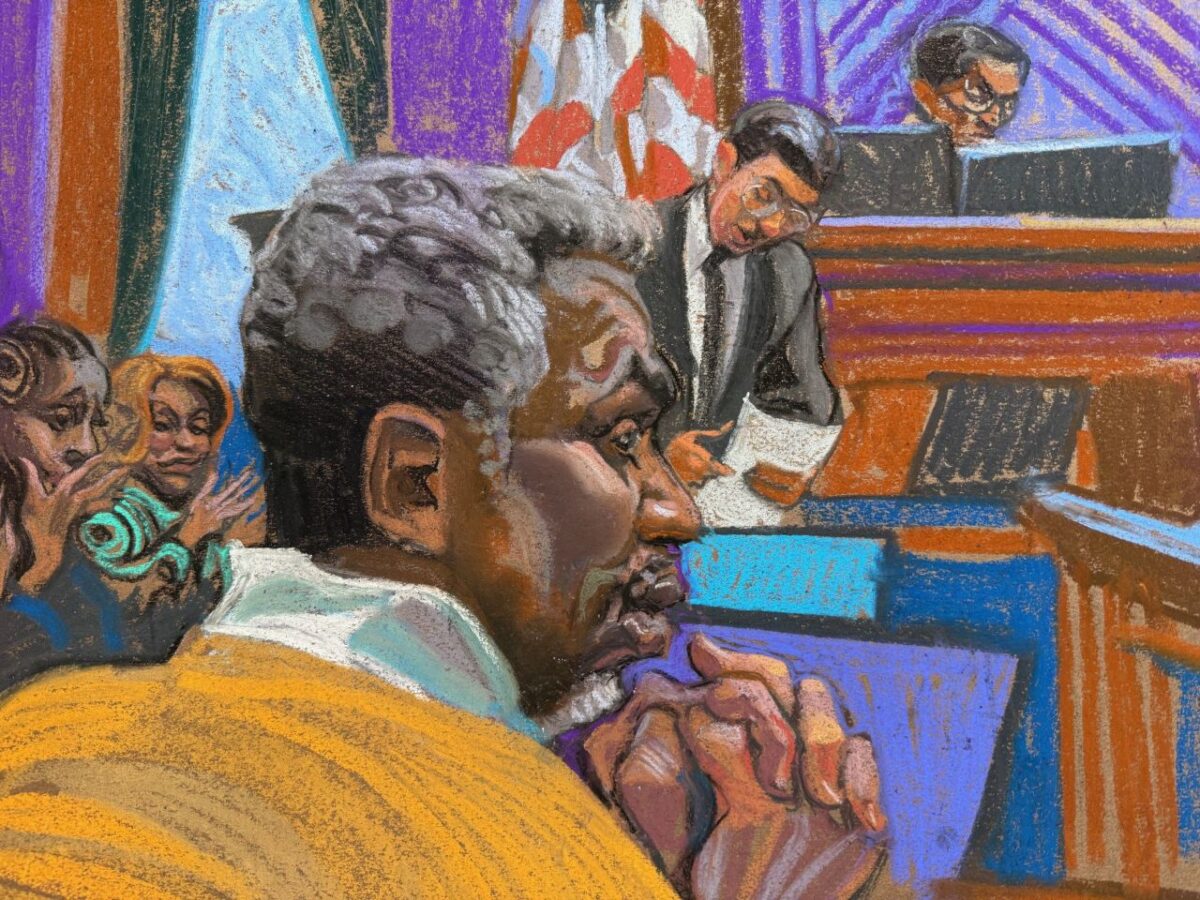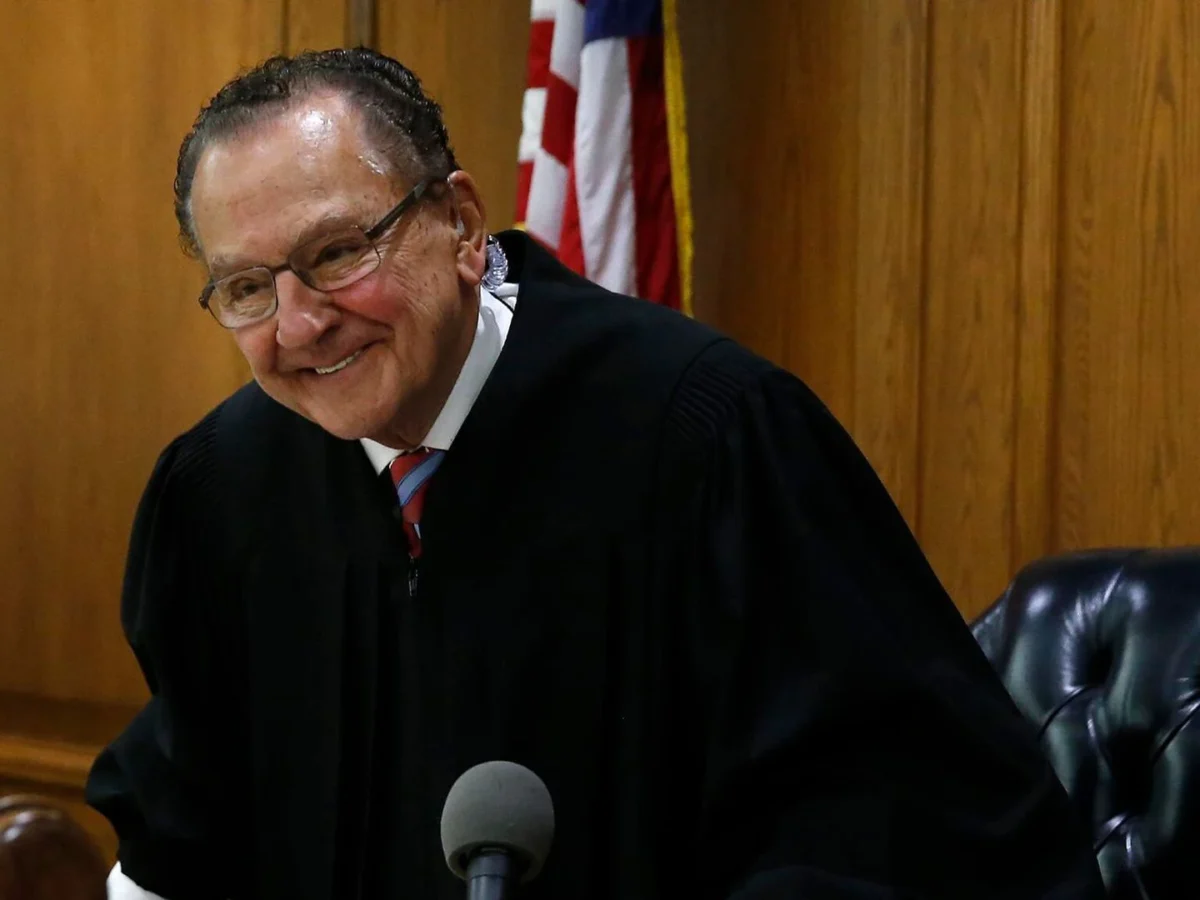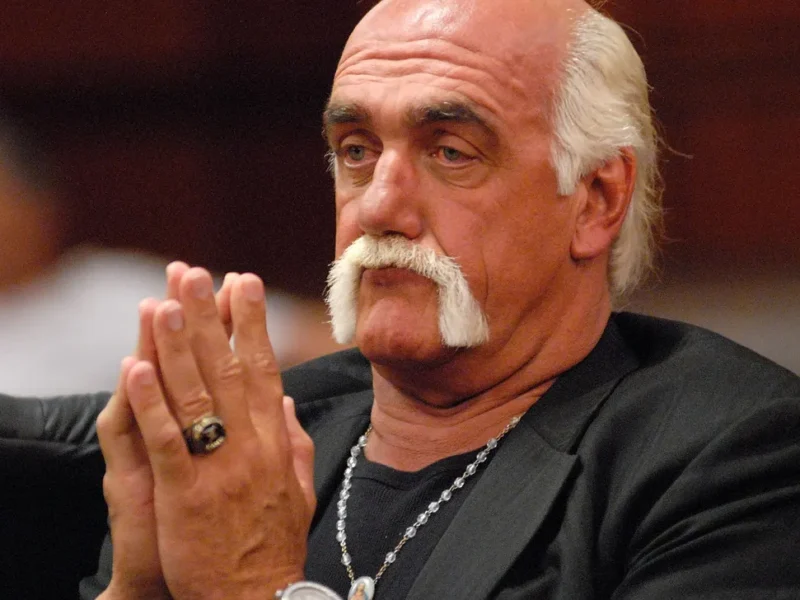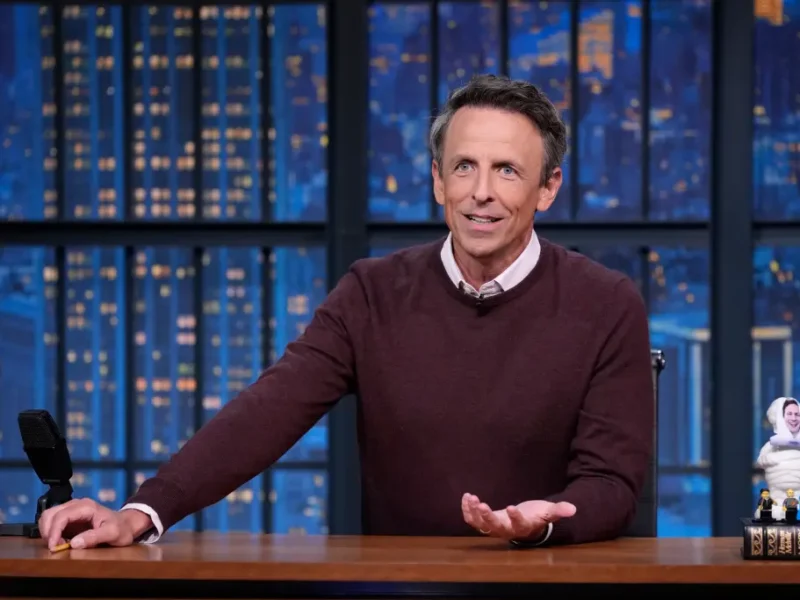Sean “Diddy” Combs, one of hip hop’s most iconic figures, faced a dramatic moment in a New York courtroom this week as a jury delivered a mixed verdict in his high-profile trial. The rapper and music mogul was found guilty on two counts related to prostitution, specifically transporting individuals for the purpose of engaging in prostitution. However, he was acquitted of the most severe allegations, including sex trafficking and conspiracy to extort.
The verdict sparked an emotional response in the courtroom. Combs dropped to his knees, overwhelmed by the outcome. Though visibly shaken, the decision provided a partial reprieve in a case that threatened to eclipse his legacy. The verdict closed a chapter in a legal saga that began in late 2023 and intensified over allegations brought forward by his ex-partner Cassie Ventura and another woman identified only as “Jane.”
What led to the verdict in Diddy’s prostitution and trafficking trial?
Combs was accused of transporting Ventura and Jane to various locations where they allegedly participated in sexual encounters arranged and directed by Combs. According to the women’s testimony, these events—described as “hotel nights”—involved hiring male escorts to engage in sexual acts, while Combs observed, directed, and sometimes filmed the activities. The jury ultimately ruled that while these encounters did occur, the evidence did not support the more serious allegations of sex trafficking or extortion.
Testimonies from both women painted a troubling picture, but the defense emphasized that many of the acts were consensual, bolstered by text messages and communication records suggesting participation without coercion. This gray area proved pivotal, as the jury concluded that while Combs had orchestrated and financed sexual encounters, the prosecution had not proven beyond a reasonable doubt that these actions amounted to trafficking.
The trial, presided over by Judge Arun Subramanian, lasted nearly two months and captivated national attention. Legal analysts, including former federal prosecutor Robert Mintz, noted the difficulty in proving non-consensual acts in such cases. “The burden of proof in sex trafficking is immense,” Mintz told BBC News. “In this case, the evidence fell short.”
How did the courtroom react—and what comes next for Combs?
The emotional toll of the trial climaxed with the announcement of the verdict. Combs’ lead attorney, Teny Geragos, appeared to cry as the decision was read, and the artist clasped his hands in a prayer gesture, visibly relieved that he had avoided the more damaging charges. Supporters in the courtroom applauded the partial victory, and a crowd outside erupted in cheers upon hearing the news.
Though acquitted of the gravest accusations, Combs still faces serious consequences. The two prostitution-related convictions could result in a maximum sentence of 10 years in prison. His defense team is seeking his release on a $1 million bond, citing his clean criminal record and strong family ties. Attorney Marc Agnifilo argued that the nature of the convictions should allow Combs to await sentencing at home in Florida.
However, federal prosecutor Maureen Comey strongly opposed the motion, arguing that Combs had shown a pattern of abusive behavior, including allegations of drug use and violence against women. She characterized him as a continued threat and flight risk.
Judge Subramanian has yet to decide on bond, but praised the jury for their dedication. He encouraged jurors to maintain the confidentiality of deliberations while acknowledging their right to speak to the press.
What are the broader implications of the Diddy verdict?
Beyond this criminal case, Combs is facing a growing number of civil lawsuits, including allegations of rape, assault, and misconduct dating back decades. Among the most serious is a 2023 complaint from Jane Doe, who claims she was gang raped by Combs and others in 2003 when she was just 17. Her lawsuit states she was drugged and intoxicated before the assault.
Other lawsuits, some led by Texas attorney Tony Buzbee, suggest that over 100 individuals may come forward with legal claims against Combs. Buzbee emphasized that these accusations reflect longstanding patterns of behavior, often involving drugs, manipulation, and power dynamics in the entertainment industry.
In March 2024, a police raid at Combs’ Los Angeles mansion uncovered a trove of items allegedly used in sex parties—drugs, paraphernalia, and over 1,000 bottles of baby oil, among other items. While none of this resulted in additional charges at the time, the findings have been referenced in both the criminal trial and civil proceedings.
Despite this legal firestorm, Combs maintains his innocence. His team has repeatedly dismissed the lawsuits as opportunistic and unfounded, intended more for media attention than justice. His legal troubles began in earnest when Ventura filed a lawsuit in late 2023, alleging physical abuse and sexual assault during their relationship. That case was settled out of court within a day for an undisclosed sum, but it opened the floodgates to further claims.
What does this verdict mean for Diddy’s career and legacy?
Although the acquittal on the most damaging charges was a relief for Combs and his supporters, the guilty verdict on prostitution-related charges is a significant blow. As sentencing looms, the entertainment industry must grapple with the implications of continuing to support or distance itself from one of its most influential figures.
In many ways, the verdict represents a turning point. For survivors like Ventura, it’s a validation of their courage to come forward. Her lawyer praised her impact, saying, “Cassie has left an indelible mark on the industry and on the pursuit of justice.”
Public opinion remains deeply divided. To some, the decision reinforces how difficult it is to hold powerful men accountable. To others, it shows the legal system functioning with balance and due process.
As Combs awaits sentencing, questions linger: Will the music mogul recover from this scandal? Can his reputation withstand the weight of continued legal scrutiny? And what does this mean for the broader conversation around power, consent, and accountability in the entertainment world?
Other News To Read























